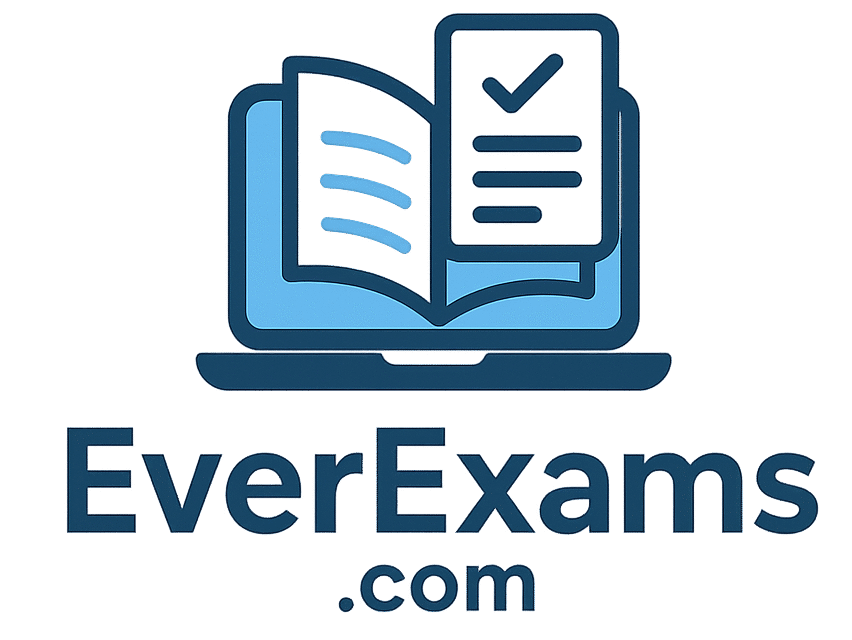Author: samreen
-
Group 17 Halogens Keynotes with Quiz New Syllabus Chemistry Punjab Board
Chapter 13: Halogens | Interactive Chemistry Guide Chapter 13: Halogens Interactive Chemistry Study Guide A- 100% A+ Introduction Properties Volatility Reactivity Applications Quiz Introduction to Halogens What are Halogens? Halogens...
-
Chapter 12 Nitrogen and Sulphur Keynotes With Quiz 1st Year New Chemistry Book
Nitrogen & Sulfur Explorer | Interactive 3D Chemistry Guide N₂ S₈ NH₃ H₂SO₄ Nitrogen & Sulfur Explorer Interactive 3D Chemistry Adventure A- 100% A+ Nitrogen Ammonia Oxides Sulfur Sulfuric Acid...
-
Chapter 11 Hydrocarbons New Syllabus Punjab Boards
Chapter 11: Hydrocarbons Explorer | Interactive 3D Chemistry Guide ⚗️ 🔬 🧪 ⚛️ 📊 Chapter 11: Hydrocarbons Explorer Interactive 3D Chemistry Learning Experience A- 100% A+ Introduction Aliphatic & Aromatic...
-
Electrochemistry 1st year Punjab Board New book
Chapter 10: Electrochemistry | Interactive Learning ⚡ 🔋 🧪 ⚛️ 🧬 Chapter 10: Electrochemistry Interactive Learning Module A- 100% A+ Introduction Oxidation-Reduction Oxidation Number Electrolytic Cell Electrode Potential Quiz Challenge...
-
Acid Base Chemistry 1st Year Lahore Board
Acids, Bases & Salts Explorer | Interactive Chemistry Guide H⁺ OH⁻ pH Ka Acids, Bases & Salts Explorer Interactive Chemistry Chapter 9 A- 100% A+ Introduction Brønsted-Lowry Lewis Concept pH...
-
Chemical Equilibrium Keynotes with Quiz 1st Year Chemistry
Chemical Equilibrium Explorer | Interactive Chemistry Guide ⚗️ ⚖️ 🔥 🧪 📈 Chemical Equilibrium Explorer Interactive Chemistry Learning Module A- 100% A+ Introduction Reversible Reactions Equilibrium Constant Le Chatelier Industrial...
-
Reaction Kinetics 1st Year Alp Syllabus
Reaction Kinetics Explorer | Interactive 3D Chemistry Guide ⚗️ 🔥 ⚡ 🧪 📊 Reaction Kinetics Explorer Interactive 3D Chemistry Adventure A- 100% A+ Introduction Collision Theory Rate of Reaction Factors...
-
Chemical Energetics Keynotes with Quiz 1st Year Chemistry
Thermodynamics Explorer | Interactive Chemistry Guide Thermodynamics Explorer Introduction Enthalpy Energy Diagrams Hess’s Law Entropy Quiz Thermodynamics Definition Thermodynamics is the science of the relationships between heat and other forms...
-
States and Phase of Matter 1st Year Lahore board
States of Matter Explorer | Interactive 3D Chemistry Guide 🌡️ 💧 🧊 🔥 ⚗️ States of Matter Explorer Interactive 3D Chemistry Adventure A- 100% A+ Introduction Properties of Gases Properties...
-
Stoichiometry 1st year Chemistry Punjab boards Smart Syllabus/Alp
Stoichiometry Explorer | Interactive 3D Chemistry Guide ⚗️ 🧪 🔬 ⚖️ 📊 Stoichiometry Explorer Interactive Chapter 4 Chemistry Adventure A- 100% A+ Stoichiometry Mole Concept Molar Mass Molar Volume Relationships...
